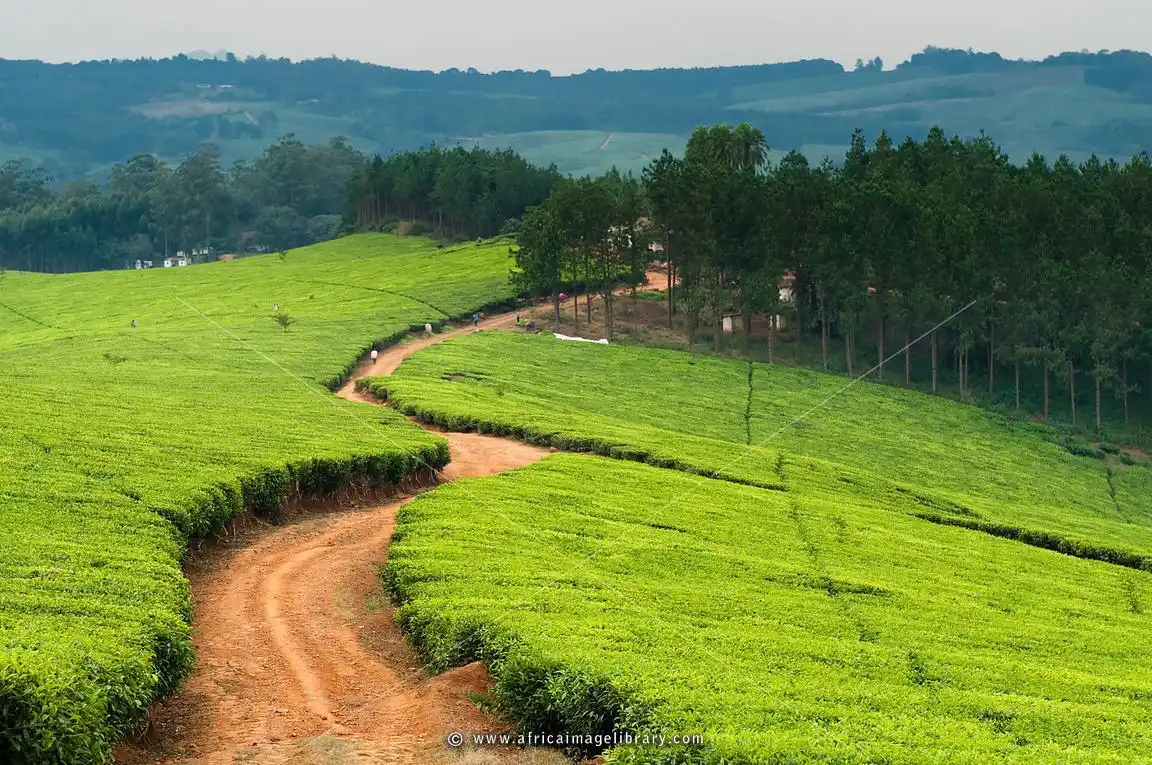
In spite of tea maintaining its market viability and relevance to the economy researchers feel its time to invest in climate-resilient varieties and also review some marketing regulations.
A tea research think-tank, Tea Research Foundation of Central Africa has also singled-out increased infestation of pests and diseases and erratic climatic patterns among key challenges to address.

Nicolas Mphangwe, chief research scientist with the foundation has made observations at a Tea Field Day organised in Mulanje to interact with stakeholders like tea growers, scientists and researchers and showcase emerging developments.
Mphangwe, a seasoned research scientist has described these bottlenecks as a hindrance to teas market-profitability; leading to both, low production and a drop in profit-margins.

However, as an intervention, he said, there was need to invest in sustainable climate-smart technologies besides investing in resilient tea varieties with potential to withstand extreme weather conditions.
These, Mphangwe said, would enhance tea productivity and also improve profitability for growers by among others adopting sustainable climate-smart technologies, including introduction of resilient tea varieties.
Given the changing consumer preferences, he said, Tea Research Foundation of Central Africa was also working around producing tea that was meeting specific attributes both for the local and global market.

Echoing, Mphangwe, Jones Muhilima, chairperson for National Smallholder Tea Growers Association, said small scale farmers were among others being encouraged to cultivate drought and pest resistant varieties.
Besides, Muhilima, observed, small scale farmers were also being encouraged to adapt to new and emerging technologies to minimize the impact of climate change.
Meanwhile, for 2025, the country is projecting to produce an estimated 45 million kilograms; a volume also produced in recent years.






0 Comments